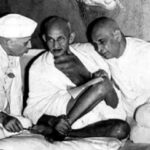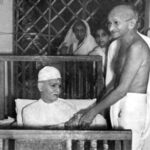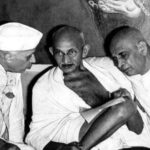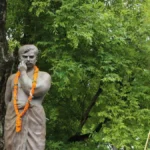August 15th holds a unique place in the hearts of millions of Indians as Independence Day, a day of celebration and pride. However, this date also carries the weight of another significant historical event – the partition of the Indian subcontinent into two countries, India and Pakistan, in 1947. While Independence Day is a time for rejoicing and unity, the anniversary of the partition is a somber occasion that prompts us to reflect on the complex legacy of our shared history.
Celebrating Independence Day

A Triumph of Unity and Freedom Independence Day is a testament to India’s unwavering resolve and relentless struggle for self-governance. It marks the end of British colonial rule and the beginning of a new era of self-determination and nation-building. Here are some key aspects of celebrating India’s Independence Day:
- Symbol of Unity: Independence Day brings together people from diverse backgrounds, languages, and cultures, highlighting the unity that underpins the nation’s fabric.
- Patriotic Fervor: The tricolor flag, the national anthem, and speeches by leaders evoke a strong sense of patriotism and pride in being part of a free and sovereign India.
- Cultural Showcase: Celebrations often include cultural events, parades, and performances that showcase India’s rich heritage and the contributions of freedom fighters.
- Progress and Aspirations: Independence Day is an opportunity to reflect on the nation’s progress, acknowledge its challenges, and renew the commitment to building a more inclusive and prosperous India.
Commemorating the Partition Anniversary
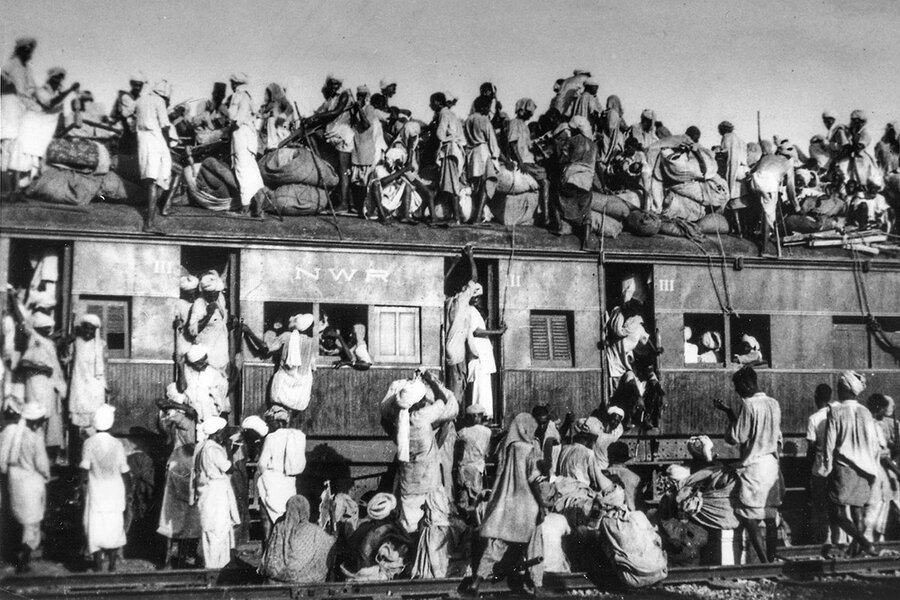
Lessons from History The partition of India, which coincided with Independence Day, left an indelible mark on the subcontinent’s history. While it resulted in the birth of two nations, it also brought forth significant challenges and tragedies. Commemorating the partition anniversary involves somber reflection and learning from history:
- Human Tragedy: The partition led to massive displacement, violence, and loss of life as millions of people were uprooted from their homes and forced to migrate to the newly created India and Pakistan.
- Shared Pain: The anniversary serves as a reminder of the human cost of partition and the need to promote tolerance, understanding, and empathy among the people of both countries.
- Historical Context: Remembering the partition encourages us to understand the historical factors that contributed to the division and the lessons we can draw from it to foster peaceful coexistence.
- Cross-Border Relations: The partition anniversary prompts us to reflect on the current state of relations between India and Pakistan and the potential for cooperation and dialogue to address shared challenges.
Conclusion
Celebrating India’s Independence Day and commemorating the partition anniversary are two distinct yet interconnected facets of our history. While Independence Day is a time to celebrate freedom, unity, and progress, the partition anniversary compels us to reflect on the human cost of division and the importance of learning from the past. As we honor the sacrifices of our freedom fighters and strive for a better future, let us also remember the lessons of history and work towards a more peaceful and harmonious South Asia. By celebrating freedom and reflecting on history, we can work towards a brighter, more inclusive future for all.
I hope I have given you some useful information on this topic. Thank you for your interest in learning about the Indian independence movement. If you have any further questions, please feel free to leave them below. Thank you for reading! 😊

